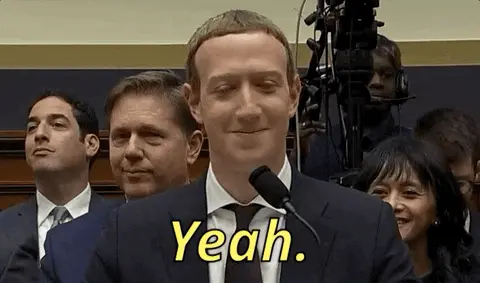
The managing directors set the strategic direction of the company, but real change is a process that affects the entire company, including all employees. There is a classic trade-off between top-down and bottom-up management.
Top-down at all costs?
Top-down management, i.e. a hierarchical management approach from the top (management) downwards, is usually found in SMEs. There, the company is managed by the founder or owner, usually for historical reasons. There, strategic decisions in particular are made by the company management. However, it always depends on the context. The larger the company, the more often a bottom-up approach makes sense. These larger companies usually have a much broader base. The various divisions are often organized as separate companies and therefore work independently with minimal exchange between the divisions. Here, a bottom-up approach from the individual divisions and specialist departments makes sense due to the individual industry expertise. However, these statements regarding company size do not always apply. There are many other factors, e.g. culture or organizational form, which influence a selection.
Who will be held responsible if things stop working at some point?
In the end, it always falls back on the managing directors, even in companies that rely on bottom-up management.

The fish stinks twice from the head
Because the fish stinks twice from the head. We want to take this proverb very literally, otherwise it can quickly be taken as an insult. For real holistic change, you have to rethink and redirect. We believe that the right starting point for digital transformation, especially in SMEs, is the management or the business model. Digital transformation is therefore a matter for the boss.
It requires rethinking, time and a protected space to work on the further development of the company with a clear head and without operational blindness. After that, the new service portfolio usually has to be rolled out in addition to the existing business model in the company.
Managing directors face the same problems
Managing directors are usually faced with the same problems. The "digitalization" that is now the task of the young generation of successors, the shortage of skilled workers, the global opening of markets or problems relating to raw materials and supply chains. And yet most managing directors are on their own. We want to bring you together so that you can work together to solve these problems without any thoughts of competition.
In the MORGEN Academy, we facilitate collaborative business model development via a peer-to-peer approach in order to solve existing problems or simply break new ground.
About us:
MORGEN is a specialized management consultancy that focuses on the development of new business models for medium-sized companies. In particular, it supports owner-managed companies in their future-proof transformation. Knowledge transfer is at the heart of its consulting activities, which is why the MORGEN Blog regularly publishes articles on key topics such as digitalization, transformation, customer centricity and sustainability.

